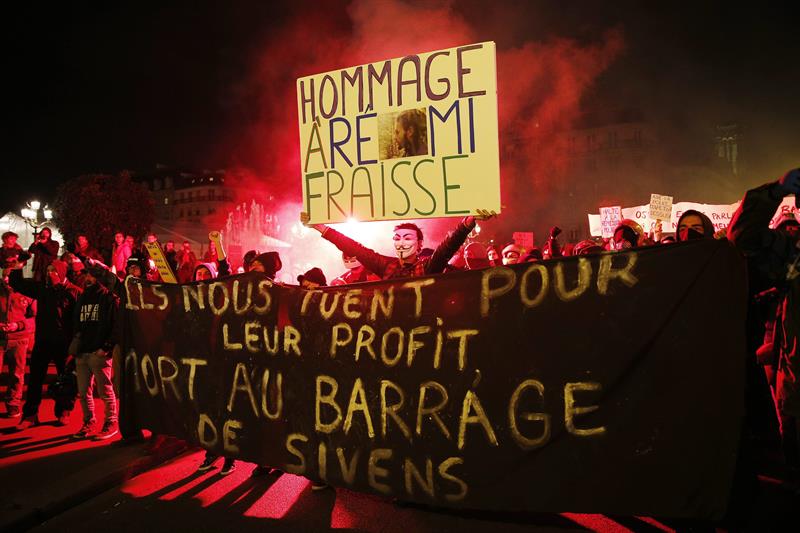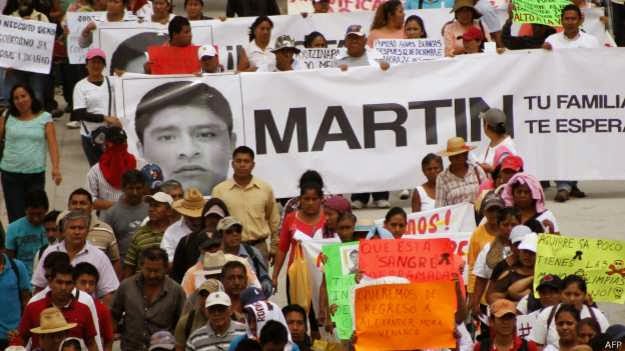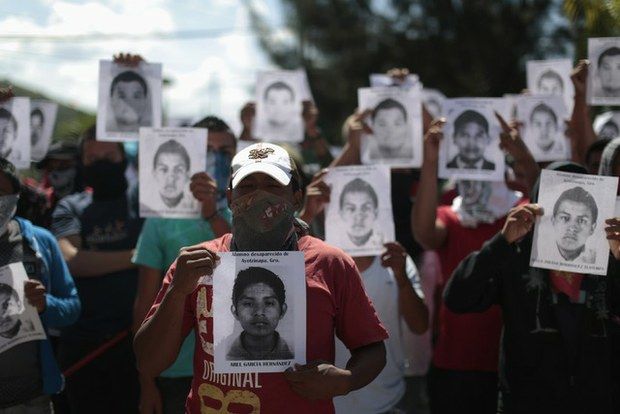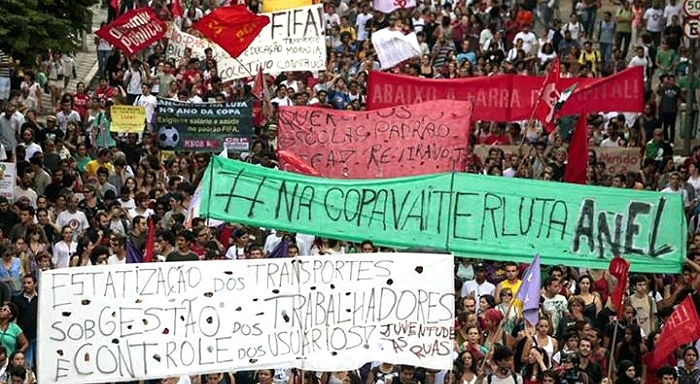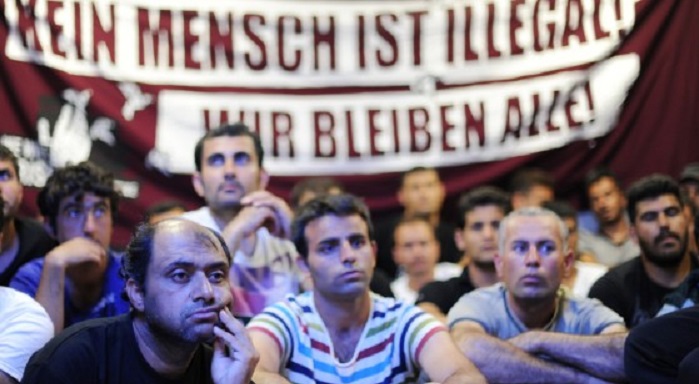The upsurge of young people opens the first cracks in the regime inherited from Franco
08/06/2011
For a week now, the main squares of the cities of the Spanish state have been the focus of the whole world’s attention, especially for militant workers and young people, who have attentively followed how, in one of the countries of Europe most battered by the capitalist crisis, a broad youth movement was triggered against the dark perspectives of the future to which the bosses, the bankers and the politicians who serve them are sentencing us. The dozens of gatherings and camps throughout the world have been good evidence of that.
The process got going with the massive mobilizations that took place on May 15 under the slogan, ‘For real democracy now’. The repression of the most massive mobilization of them all, that in Madrid, unleashed a reaction for the release of those arrested, in the form of a camp, that, after it was first cleared out, grew massively and spread throughout the country. At the end of the week, coinciding with municipal elections and elections in various autonomous regions, tens of thousands of people defied the bans on assembling issued by the Central Electoral Board, by packing the squares, participating in assemblies of thousands of people and raising sharp condemnations of the political regime of the 1978 Constitution, its institutions, and the austerity policies to make us workers pay for the crisis.
The IMF’s ‘lost generation’ breaks Zapatero’s social peace
The main leading group of the so-called ‘Spanish May’ has been precisely the youth, that confront a dramatic situation of a lack of prospects for the future, with official unemployment at 45%, a very offensive process of gentrification of education, hunger wages ... Inspired by the revolutionary processes of the Arab world, using tools like the social networks and certain methods like seizing the streets, tens of thousands of young people are leading a struggle that could signify a turning point regarding the weak response that had been made. Likewise, broad groups of the middle classes and workers sympathize with the camps and assemblies and are even participating in them, though the workers are still acting as ‘citizens’, that is, not using their own class methods, like strikes. The most interesting thing has been some actions by groups of youths to show their solidarity and merge with workers in struggle. This movement is being born while the autonomous administrations are preparing brutal attacks on healthcare and education, and on their workers, which could provoke big mobilizations, as is now happening in Catalonia.
Cracks begin to open in the regime
The protest continues, after the elections. Although the electoral victory of the right wing came as a ‘nasty surprise’ in a part of the broadest groups of the movement, a vanguard of thousands continues participating in the protest and the assemblies. The discussions on what to do, how to extend, are going through the plazas, and assemblies are beginning to occur again in outlying neighbourhoods and municipalities. Without being able to speculate on the tempos and the forms that it will adopt, recent days have been exposing the first cracks through which it is possible to end up overthrowing the regime of the monarchy of Juan Carlos I.
The demands of the movement call into question the phoney democracy that serves the employers and the banks; they demand an end to institutions that are the chief supports, like the monarchy, putting an end to the two-party system and corruption and other profound democratic demands, that do not fit in the 1978 Constitution. Likewise, many of the demands to resolve the problems of unemployment, housing, public services, among others ... question the system of capitalist exploitation, like distributing hours without reducing wages, expropriating the housing of speculators, nationalizing the banks ... And all this is happening with the background of an enormous economic crisis that leaves scarcely any room for any concession – what they ‘feel’ now are attacks – and with political – especially the PSOE – and union interventions – the union bureaucracy closely tied to the PSOE itself – in increasing disrepute. A large vanguard expresses these tendencies on the left, but it is feasible and necessary that they go out extending to broad groups of the workers and people.
For a Revolutionary Constituent Assembly, for a workers’ republic
In order to achieve that, it is necessary that the young people from the camps get together and meet with the workers and other groups, beginning with those that are in struggle. It is necessary to organize the movement in the Institutes, the Universities, the neighbourhoods, and especially in the workplaces, by setting up rank and file committees and assemblies that will coordinate among themselves, to broaden and strengthen the movement. It is essential that the workers intervene with their own methods to administer the final blow to the government, the regime and the bourgeoisie. In this sense, the trade-union left wing and the militant and rank and file groups in the largest unions must also join this struggle, and, together with the far left, combat the anti-union and anti-political prejudices existing in part of this vanguard, that make it difficult for the struggle to make a leap. This is a matter, first of all, of overcoming the sell out union leaderships’ policy of social peace, by imposing a plan of struggle and the general strike.
Only in this way will we be able to resolve the demands that we are raising. Through struggle, we must impose a constituent process throughout the Spanish state, a Revolutionary Constituent Assembly, made up of representatives, elected by every so many inhabitants, where we will discuss how we will resolve all the democratic questions and all our economic and social needs. The radical democratic solutions, which thousands of us are already demanding in the streets, are only going to be possible with our struggle. The bosses’ parties and the monarchy are going to defend themselves tooth and nail to prevent that, which is why this process can only be begun, by those who fight, on the ruins of the current regime, by a provisional government formed by the workers and groups in struggle that will overthrow the regime inherited from Franco and impose a workers’ republic.
May30, 2011
The PSOE collapses and the Right gets a big electoral success
The ‘outrage’ expresses, first of all, growing detachment between the PSOE – the left wing of the Spanish two-party regime – and a big group of its electorate, a part of which has fled to the spoiled ballot and None of the Above (which has risen to 280,000 votes, the biggest under democracy), abstention or voting for options considered more to the left (like the IU which got 200,000 and other extra-parliamentary parties, that, all together, got 300,000 more votes than in 2007). On the left, it is fitting to emphasize the historic result of the left coalition abertzale Bildu (313,000 votes, 25% of the Basque Country, trailing only the PNV), and, to a lesser extent, the good result of the CUP in Catalonia (62,000 votes). The right wing, headed by the PP, got an historic 10 point advantage over the PSOE, though it only managed to increase by 550,000 votes. Other ‘winning’ options include the Spanish-chauvinist populism of the UPyD (with 460,000 votes, 208,000 in the capital) and the xenophobic PxC (that ran in several town councils of the Barcelona industrial belt, with 65,000 votes). So, while tendencies of struggle go on developing on the left (with the awakening of young people), the Spanish right wing, with a long tradition and a still-broad social base, and even ready to be politically active, if that is necessary, is also moving forward. The end of the social peace is gradually turning into a social polarization, which heralds the difficult test that the Regime of ’78 will have to pass in the coming period.






